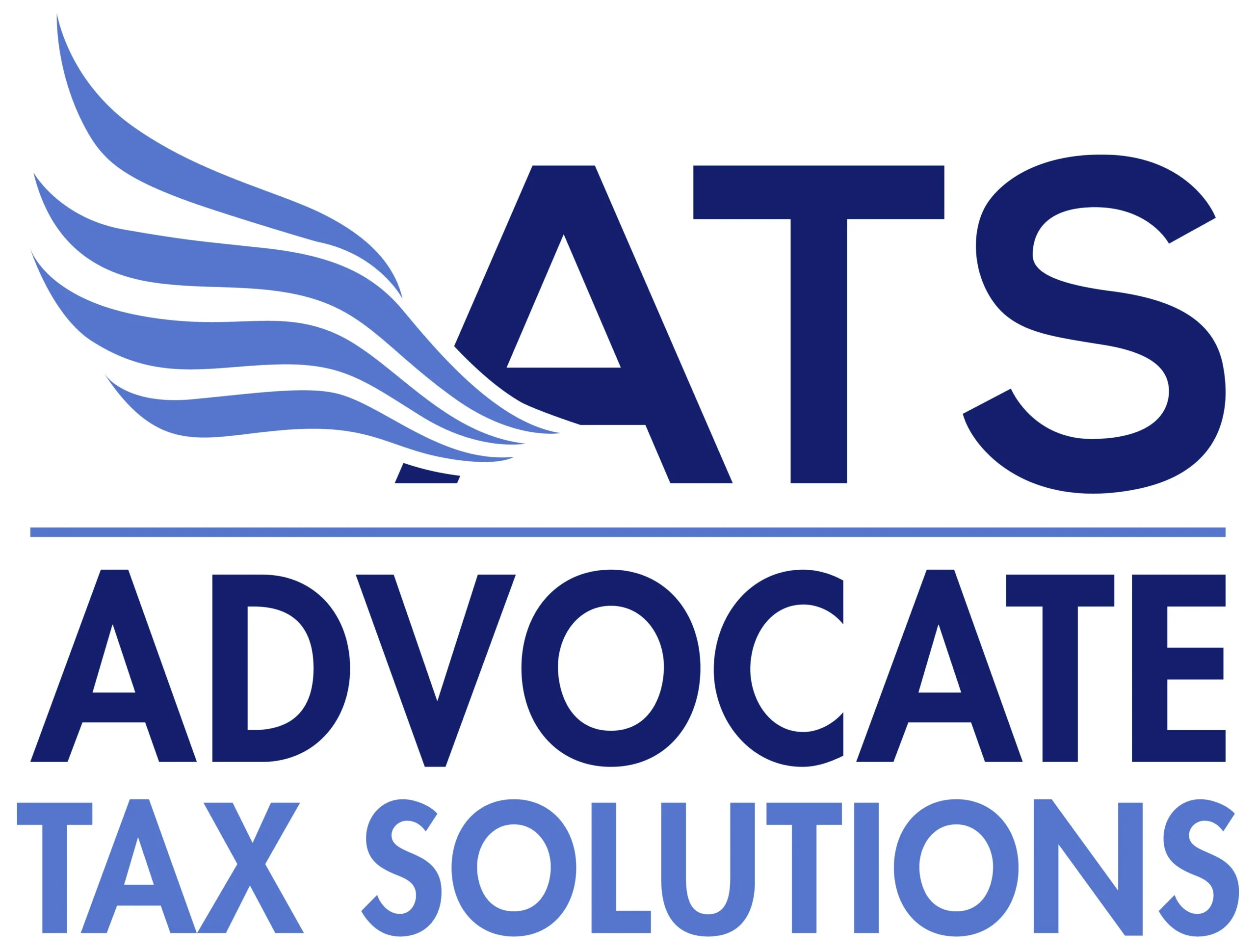Understanding IRS Tax Relief Programs
The IRS grants Currently Not Collectible (CNC) status when taxpayers prove they cannot pay their outstanding tax debt without creating financial hardship.
Currently Not Collectible status provides protection because the IRS cannot seize assets or income once they verify legitimate financial hardship.
To qualify for Currently Not Collectible, taxpayers must show their necessary living expenses outweigh available income after thorough IRS financial review.
The IRS reviews income, expenses, and assets before placing accounts into Currently Not Collectible, ensuring taxpayers truly cannot afford repayment obligations.
Link to a “IRS Tax Debt Relief Programs” page for more information.
Benefits of Tax Hardship Relief
Once approved, the IRS suspends enforced collection actions, such as wage garnishments, bank levies, or property seizures, under Currently Not Collectible (CNC).
Taxpayers in Currently Not Collectible status must file all future tax returns timely because compliance keeps their hardship protection fully active.
The IRS reviews Currently Not Collectible status annually, requiring taxpayers to maintain updated financial records proving they remain unable to pay.
New financial disclosures may be requested anytime, so taxpayers must stay prepared and organized to avoid losing Currently Not Collectible status.
Link to “How to Avoid IRS Collections” or “Financial Documentation for IRS Relief” page.
Duration and IRS Collection Rules
Currently Not Collectible status does not erase the debt immediately, but the IRS statute of limitations limits collection timeframes significantly.
The IRS generally has ten years to collect a balance beginning from the tax return’s filing date, creating expiration deadlines.
For example, a tax liability established April fifteenth, 2013, expires April fifteenth, 2023, unless interrupted through specific IRS collection actions.
Tax refunds filed while in CNC status automatically apply to the oldest balances, reducing debts until expiration occurs.
Maintaining Your Hardship Protection
Taxpayers incurring new liabilities must reapply because new balances are not automatically protected within existing CNC designations.
Maintaining Currently Not Collectible status requires consistent compliance, accurate financial reporting, and continued proof of inability to make required payments.
Properly managed, Currently Not Collectible status offers struggling taxpayers relief, stability, and eventual expiration of tax debts under IRS collection rules.
Link to “IRS Tax Filing Compliance Tips” to help maintain Currently Not Collectible eligibility.

